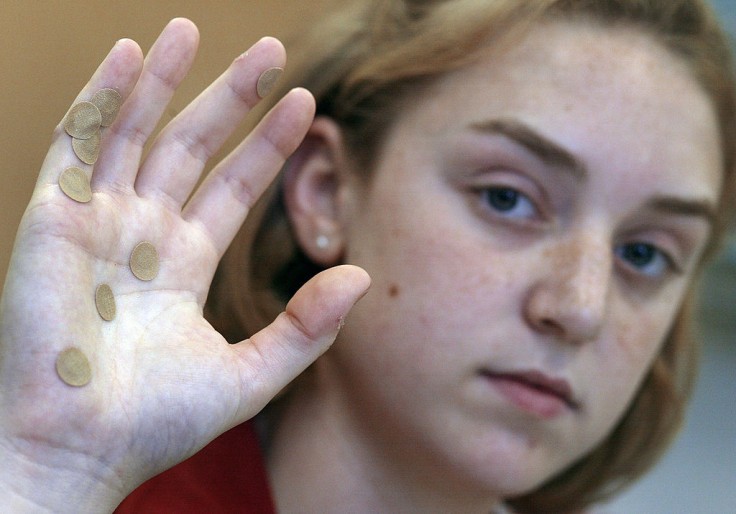
Scientists may have finally found the culprit that triggers Crohn's disease.
Research published in Nature on Wednesday, October 5, shows that exposure to the highly contagious norovirus in some people might increase the risk of bowel disorder. This then causes their immune system to attack the digestive tract.
Scientists have not found what exactly causes this autoimmune disease, although it has been linked to people with certain genetic mutations. Previous research pointed to one gene mutation that most people with Crohn's disease share.
Researchers use mouse model and tissue from human digestive tract
Nearly half of all Americans have this particular mutation, while only about half a million people in the United States have developed Crohn's disease. This suggests that a genetic variant is not the sole cause of Crohn's, according to NBC News.
Researchers at the NYU Grossman School of Medicine made an important discovery using a mouse model and tissue from the human digestive tract, finding that a common norovirus infection may play a role in Crohn's disease by blocking the production of a protein called apoptosis inhibitor five, also known as API5.
That said protein, which is released by specific T-cells in the body, normally protects the gut cells by telling the person's immune system to stop its attacks once a microbe has already been defeated.
Study co-author Ken Cadwell said that what they found was interesting. He explained that T-cells unexpectedly protect the gut lining and infectious triggers interfere with that ability.
No cure for Crohn's thus far
People with Crohn's disease cope with abdominal pain, weight loss, and chronic diarrhea. There is no cure for Crohn's thus far, and existing treatments for the disease can cause severe side effects. The hope now for scientists is that the API5 protein, or something like it, may hold the key to an eventual treatment for Crohn's disease that won't weaken the immune system, as many current therapies do.
Cadwell and his colleagues discovered the connection between Crohn's and norovirus in a fortuitous way. They were studying mice engineered to develop the intestinal disease; many had gotten norovirus. Cadwell explained that the mice developed intestinal abnormalities only in the presence of a viral infection.
The researchers noticed the connection because, without the norovirus infection, the T-cells secreting API5 in the mice continued to protect the lining of the digestive tract.
The researchers, on a hunch, treated the mice that had developed Crohn's with the human version of the API5 protein. It yielded positive results as the treated mice survived, while half of the mice who did not receive the protein injections died.
The researchers also found that people with Crohn's disease had fewer API5-producing T-cells, according to NYU Langone. Cadwell said that although this does not tell you it is due to norovirus or something else, it gives them more confidence that something happened to these patients similar to norovirus infection in mice.
Related Article: Medicaid Extensions Grow for New Mothers in the US